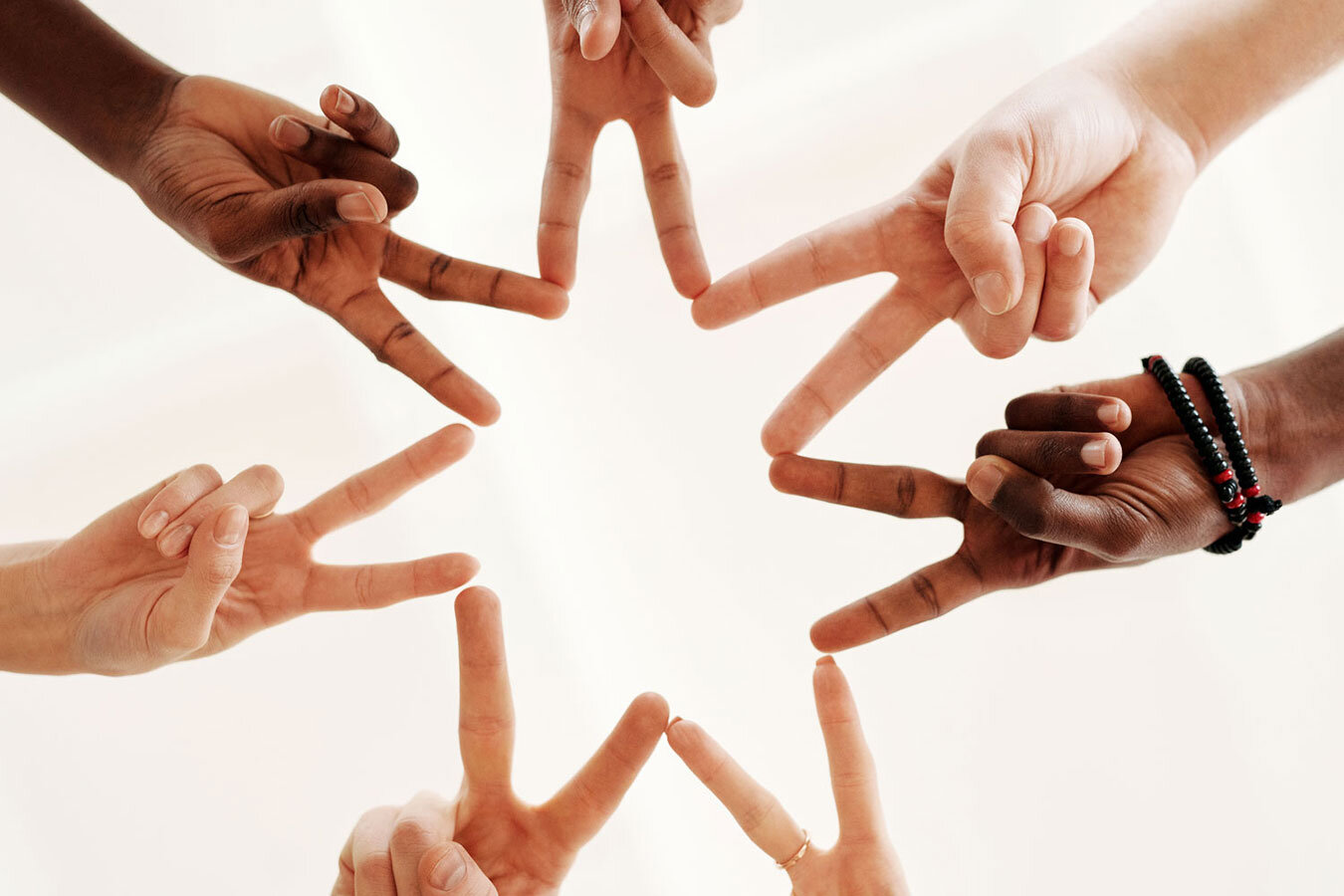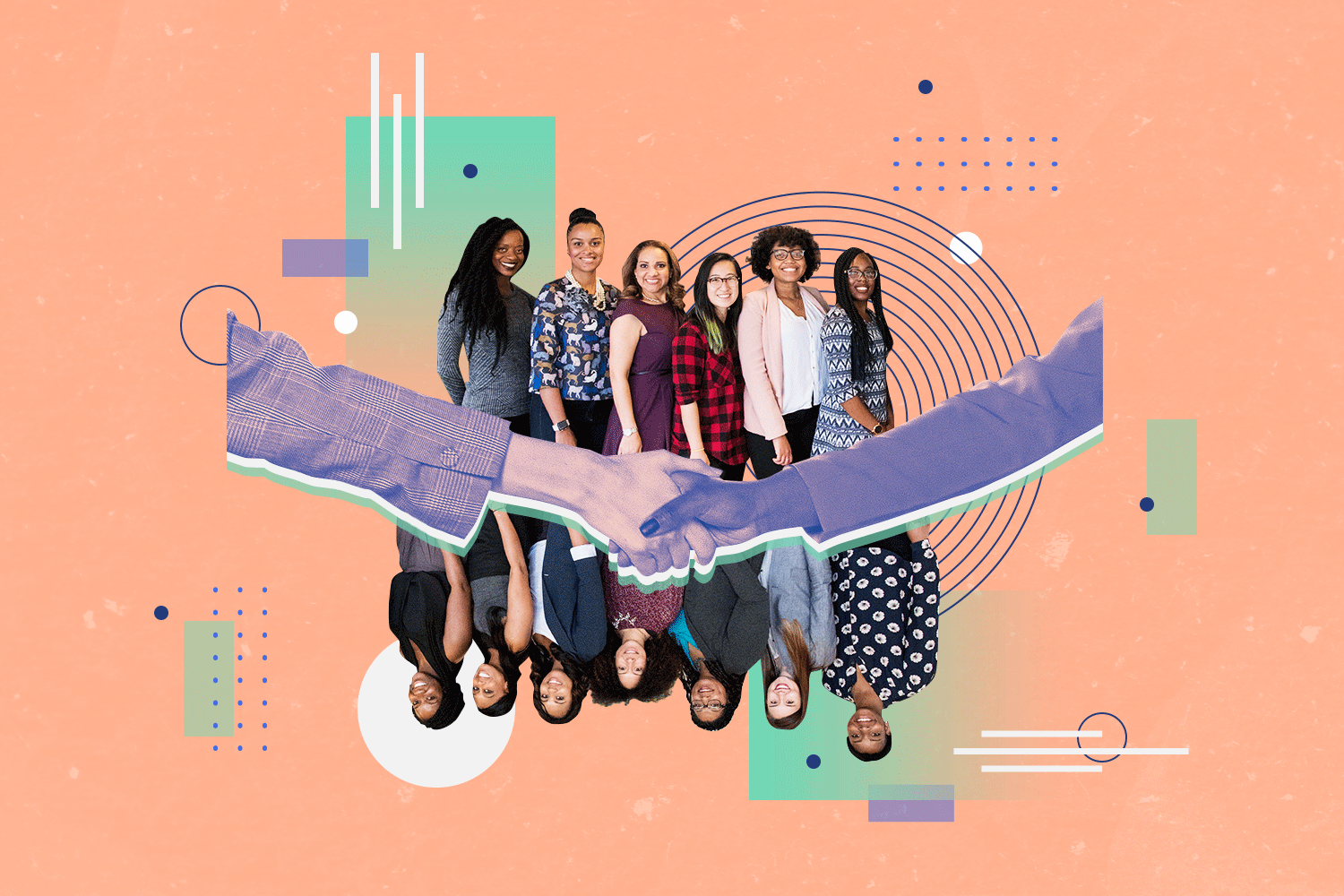Meet the Philanthropist: A Conversation with Peggy Dulany Rockefeller on Philanthropic Allyship
By: Yolanda F. Johnson, Founder of Women of Color in Fundraising and Philanthropy®
Listening first is an essential skill for philanthropists, according to Peggy Dulany (Rockefeller), one of the most prolific philanthropists of our time. I recently had the honor of sitting down with Dulany for a conversation on topics ranging from allyship, philanthropy, and more.
“Listen, listen, listen—with an open mind and an open heart. Because if we haven’t started with that, then what we're liable to do will probably come from our own experience or lack of experience or misconceptions or biases,” Dulany said.
“It's not just the philanthropists deciding what the problem is and what the solution ought to be and applying funds or time to that,” Dulany told me. “It’s an evolving, ‘how can I, as a philanthropist, apply my best values and understanding after I’ve done all that listening, with respect?’”
Ms. Dulany is Chair of Synergos, a global organization helping solve complex issues around the world by promoting trust and collaboration among grassroots groups, government, business leaders and organizations. In 2001, she co-founded Synergos’ Global Philanthropists Circle with her father, David Rockefeller, to support philanthropic families in using this approach.
As a young woman, she lived in Rio de Janeiro, where she realized that the people most affected by adverse living conditions are also the ones with the motivation to solve their problems. What they really lacked were connections.
She has applied her ideas about listening and building connections in her many roles: head of a public high school program for dropouts; Senior Vice President of the New York City Partnership; consulting with the United Nations and the Ford Foundation on health care and family planning, and consulting with the National Endowment for the Arts on nonprofit management and planning. She has sat on over thirty nonprofit and corporate boards.
She pointed out that more curiosity and less judgment could also be the beginning of change on philanthropic boards, which need to embrace diversity and inclusivity.
It is one of my personal goals to encourage and spotlight women’s philanthropy in every way I can. So, I asked her to tell me her thoughts on recent studies from philanthropic thought leaders that show how women give differently than men.
“A lot of my thinking focuses on the masculine and the feminine— not necessarily gender, but how we carry both of those inside ourselves,” Dulany said. “Globally and in this country, we tend to be a bit out of balance toward the masculine aspect.”
She defined the masculine approach to giving as more aggressive, more data-driven, and less heart-based. The feminine approach is more interpersonal, she explained: “It tends to be more passion-based but not without intellect and reasoning; if something catches the feminine side of us, we’re more likely to go with it, even if it doesn’t have all the data behind it.”
Next, I asked Dulany to discuss the evolving meaning of the word, “philanthropist.” This is very important to the work of Women of Color in Fundraising and Philanthropy (WOC)®, where we strive to dismantle the stereotypical definition of the word. A lot of the work that we’ve done tackles that old archetype, which usually referred to an affluent white male or female. We’re now trying to redefine it so that it’s just a person who is committed to changing the world and their local community for the better.
So, what would Dulany say to people to assure them that their contribution matters?
She immediately pointed out that the Greek root of “philanthropy” is “love of humanity,” and that anybody can love humanity.
“When I talk with people of any level of wealth, or lack thereof, I talk to them about giving with our full selves,” Dulany said.
Through Synergos, she guides wilderness retreats that offer participants a safe space to do inner work to reflect on their deepest purpose in life. I asked her about this in relation to using philanthropy as a tool for change and impact.
“Most of us have encountered some trauma that leads to rage, shame, fear or grief; these tend to narrow our vision. Mindfulness, therapy, group work, time in the wilderness or meditation all allow us to witness how trauma affects our interactions, our behavior, and our giving. Getting curious about where our ideas come from instead of judging ourselves or others—that is a really important first step,” Dulany explained.
She pointed out that more curiosity and less judgment could also be the beginning of change on philanthropic boards, which need to embrace diversity and inclusivity. Curiosity could lead to a more open perspective.
“Some of the resistance to diversification might be intentional and some of it might be out of ignorance, or lack of awareness.” Dulany pointed out. “There’s a responsibility on the part of organizations to become more aware; that responsibility is being met by communities of color right now. We need to raise the issues—even if that leads to uncomfortable conversations. Consider those conversations growing pains.”
And this is the type of growth that leads to real change in advancing a more equitable philanthropic landscape. I left our conversation grateful for the excellent perspective Dulany shared. All of us in philanthropy can learn a great deal from her insights.
Yolanda F. Johnson, Founder of WOC
With more than two decades of experience in the non-profit sector, Yolanda F. Johnson has successfully led fundraising operations for a wide range of non-profit organizations, launching creative event, sponsorship and marketing initiatives that produced new streams of both contributed and earned income. Her fundraising expertise includes securing foundation, corporate, and government funding and cultivating a diverse major gifts portfolio.
In addition to leading YFJ Consulting, LLC, Yolanda is the Founder of WOC, Women of Color in Fundraising and Philanthropy™ and President of Women In Development (WID), NY, the NYC area's premier professional organization for women in fundraising and philanthropy. Yolanda has also had an outstanding career as a performing artist, as a composer, as a producer, as an educator, and she has used her background as a performer to become a sought-after fundraising expert.
Content may not be reproduced without permission of Women of Color in Fundraising and Philanthropy.®





